
I wanted to share our exchange with you. Why?
In the United States, 'immigrant' is a bad word. At least some times it is, for some people. But particularly right now in the United States, the only frame of reference most of us have with the idea of immigration is people from Mexico and Central America illegally sneaking into our borders. Or we might have a feint notion of Irish, Italian, Polish, etc. immigrants coming through Ellis Island in faded photographs.
But the world is filled with migrants - to and from every single country, throughout every inch of the world, the ebb and flow of our existence within geography is as old as human kind, itself. In fact, borders are unnatural. We are all on the same globe, yet we draw an invisible line and call the space within "ours," almost arbitrarily - in proportion to our power, opened or shut per our convenience. The permitters of nations are like rubber bands, constricting and expanding through history as wars, refugees, famines, disputes, industry, colonization, language changes, social and cultural norms, and even weather patterns change.
I don't play at politics, so I'm not trying to tell you that the borders of the United States should be open to everyone, all the time. Of course that would be a disaster, and every country requires policies who can enter and who can not. I don't have the answer what that policy should be, exactly. The only thing I know is that there is a far bigger picture of immigration than the average person understands in the U.S., so I'm trying to paint the corners. Hopefully through this blog, you will be introduced to another kind of immigrant, a real person with a life journey outside you previous realm of understanding, to humanize the issue beyond headlines and political rhetoric.

1. Every country experiences the same circumstances: people from more economically-disadvantaged countries trying to enter for jobs, safety, or a better life. And the population of every country is trying to enter another country for economic advantage. Everyone's nature is to try to move up. The United States is one of the few countries where that does not occur - our citizens don't have anywhere to go but down.
2. The vast majority of immigrants are good people who just want to work hard, take care of their families, and live happy lives. I estimate that percentage to be exactly the same as the rest of the non-immigrant population who are good people who work hard, take care of their families, and live happy lives.
3. How can we criticize an immigrant when his country was colonized by the same people who are now denying him entry to theirs?
4. I have been an illegal immigrant - living and conducting business in countries for periods longer than my tourist visa allows, so I have no right to judge anyone. It's not easy. There
5. In fact, I know that if I was born into poor circumstances and had trouble putting food on the table or keeping my family safe, I'd take advantage of every opportunity to move somewhere else for a better life.
Would you?
Here is the email I received from this gentlemen from Africa, and my reply:
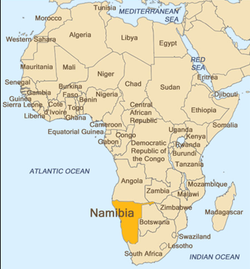
Im T.J. (name changed) a 30-year old black man from Namibia, Africa who is
interested in working overseas either in Canada, Germany, United Kingdom, or United Arab Emirates.
I'd like to know from you as you possess priceless information in travel as to which countries are worth the effort. I'm looking for a country offering the following;
1) minimal racial discrimination- I was born and raised in the Apartheid era. (Namibia was colonised by the very same racist South African government after Germany lost the 2nd world war)
2) Well-paying unskilled or semi-skilled jobs. I want to earn and save as much foreign currency as possible to help shoulder some family responsibilities (check out the Namibian dollar exchange rate in comparison to £/€/$,im sure it can help paint a picture)
3) Opportunities to help forge business endeavours with foreigners while living aboard, as there are many opportunities here in Namibia which foreigners can benifit from including my own people (trying to utilize any opportunity available should i go overseas).
4) Which towns/cities one should consider living in within these countries.
I hope im making enough sense concerning the posed questions,if not please do let me know as not all info on the net is reliable regarding these countries and i need raw info and you are the main man
concerning this:)
To conclude i highly appreciate any response given regarding this matter and any extra info will be treasured thank you for your time in reading my letter Norm.
Regards,
T.J.
***
So nice of you to reach out and say hello. Thanks for asking that great question, and I hope I can help. I have a little experience with those places or what I've heard, and out of those, I think Canada might be my first choice. Of course it is cold, but from what I see there are plenty of work opportunities, they have a liberal immigration and work policy, and the economy is terrific. Also, I understand Canada is a country with large immigrant and foreigner/non-white pockets of population, and there is far less racism that in my home country, the U.S. Vancouver is the best city there but crazy expensive. Toronto has the most international flavor and that may be a good place to start. I know a lot of people who work in mining or drilling way up north and make great money - they'll work a month on and two weeks off or some schedule like that. So it's not glamorous at all, but they make great money without advanced qualifications and it gives them some time freedom.
Germany's economy is tough right now and there is a big anti-immigrant sentiment. England is great and possibly my second choice, though it's very expensive and more competitive in London. I really don't know that much about UAE.
I certainly hope that helps ! I applaud your efforts to build a better life for you and your family, and wish you the best of luck. Please keep me posted and keep in touch!
Your brother and friend,
Norm Schriever


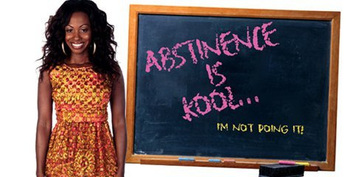



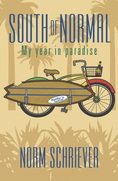

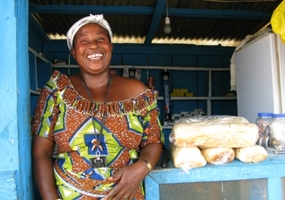
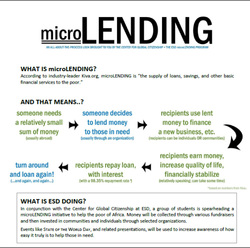
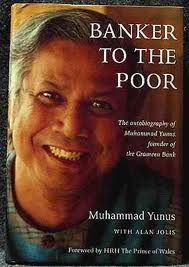
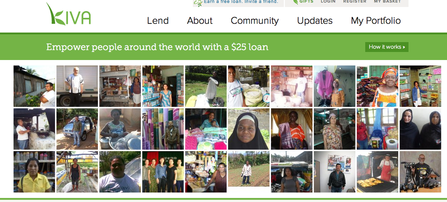


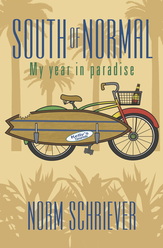


 RSS Feed
RSS Feed